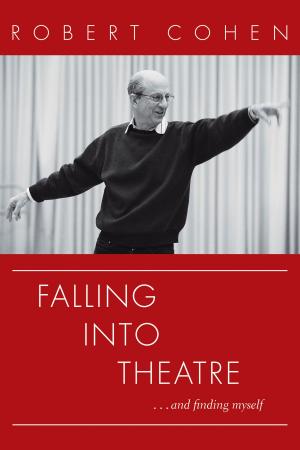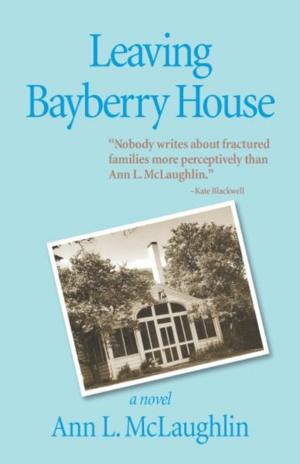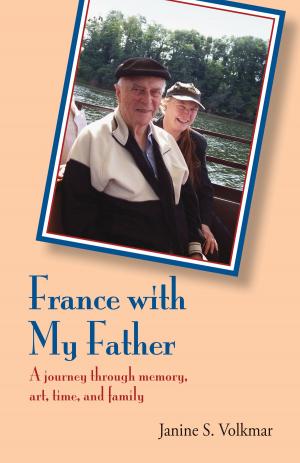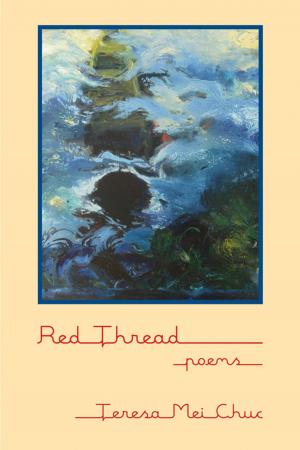| Author: | Hans Peter Braendlin | ISBN: | 9781564747792 |
| Publisher: | Daniel & Daniel Publishers | Publication: | January 5, 2010 |
| Imprint: | Daniel & Daniel Publishers | Language: | English |
| Author: | Hans Peter Braendlin |
| ISBN: | 9781564747792 |
| Publisher: | Daniel & Daniel Publishers |
| Publication: | January 5, 2010 |
| Imprint: | Daniel & Daniel Publishers |
| Language: | English |
A ghost story, a swashbuckling romance, a puzzle… Jean-Pierre Petitfeu and his wife, Claire, have spent time each year in Venice, ever since they lost their ten-year-old son in a boating accident. Each year they take familiar walks and eat in their favorite restaurants, swept away again and again by the beauty and history of Venice. On the first day of their twelfth visit, Jean-Pierre discovers, hidden behind the cornice of a wall in their room, an old manuscript, the memoir of a man named Giovanni Pietro Pofoco, who lived in Venice at the turn of the sixteenth century. Rich with death and passion, Pofoco’s memoir reads like an adventure story full of sex and violence, with idealism at war with the corrupt establishment. Presumably Pofoco died in the early fifteen hundreds, although as we read more of this remarkable story, we may come to doubt that he died at all. “Lovers of Venice, of history, of complexity will delight in these repeated rambles across ancient waterways and down winding streets. The novel is an intriguing palimpsest in which several characters’ journals provide layers of experience and inquiry.†—Sheila Ortiz Taylor, novelist “Braendlin’s Through a Venetian Looking Glass is an original and nuanced evocation of Venice populated with compelling characters that ricochet around one another over centuries. Read it, love it, bring it to Venice, read it again.†—William Luhr, Ph.D., Professor of English and Film, St. Peter’s University
A ghost story, a swashbuckling romance, a puzzle… Jean-Pierre Petitfeu and his wife, Claire, have spent time each year in Venice, ever since they lost their ten-year-old son in a boating accident. Each year they take familiar walks and eat in their favorite restaurants, swept away again and again by the beauty and history of Venice. On the first day of their twelfth visit, Jean-Pierre discovers, hidden behind the cornice of a wall in their room, an old manuscript, the memoir of a man named Giovanni Pietro Pofoco, who lived in Venice at the turn of the sixteenth century. Rich with death and passion, Pofoco’s memoir reads like an adventure story full of sex and violence, with idealism at war with the corrupt establishment. Presumably Pofoco died in the early fifteen hundreds, although as we read more of this remarkable story, we may come to doubt that he died at all. “Lovers of Venice, of history, of complexity will delight in these repeated rambles across ancient waterways and down winding streets. The novel is an intriguing palimpsest in which several characters’ journals provide layers of experience and inquiry.†—Sheila Ortiz Taylor, novelist “Braendlin’s Through a Venetian Looking Glass is an original and nuanced evocation of Venice populated with compelling characters that ricochet around one another over centuries. Read it, love it, bring it to Venice, read it again.†—William Luhr, Ph.D., Professor of English and Film, St. Peter’s University















